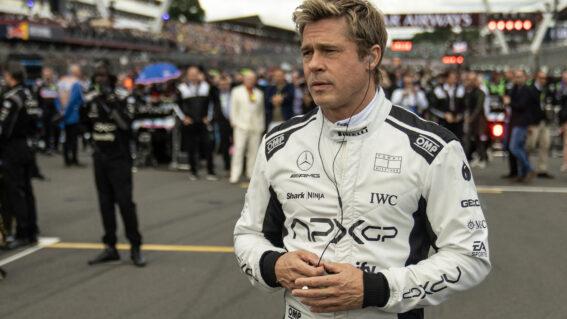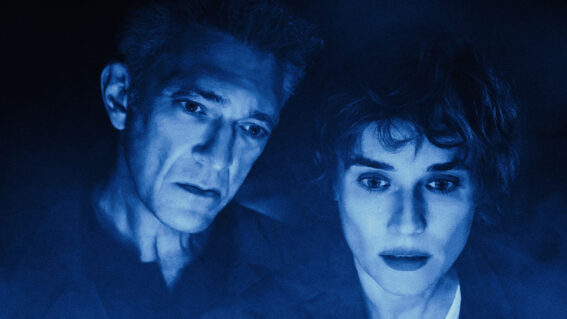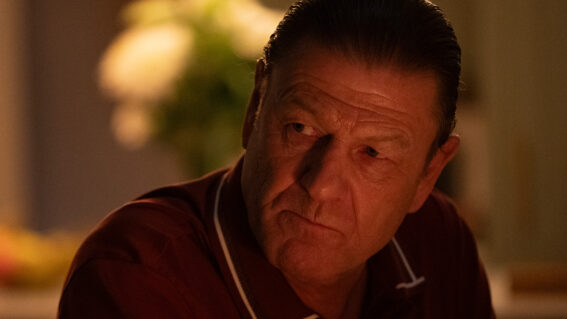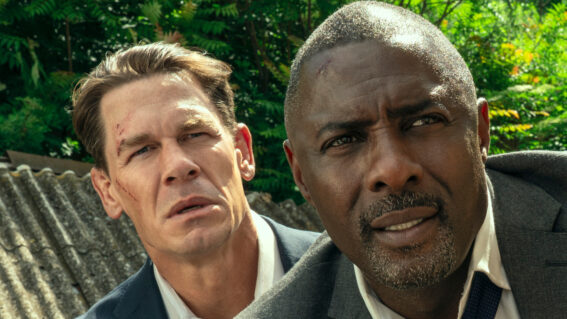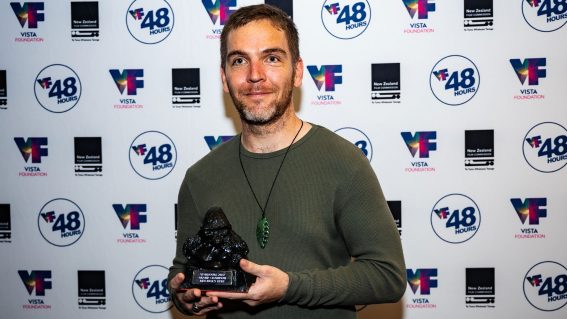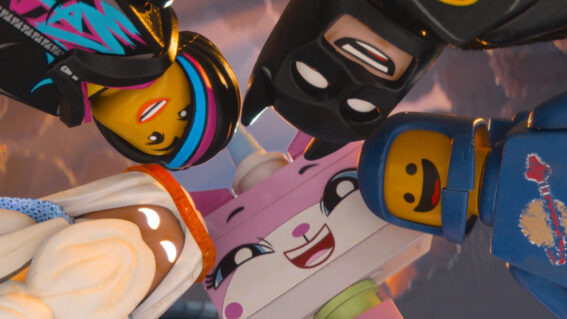Among Starstruck’s still-sharp comedy is a real sense of ordinary chaos
Starstruck lets the “messy woman” comedy blossom into something more universal: “messy everybody”.
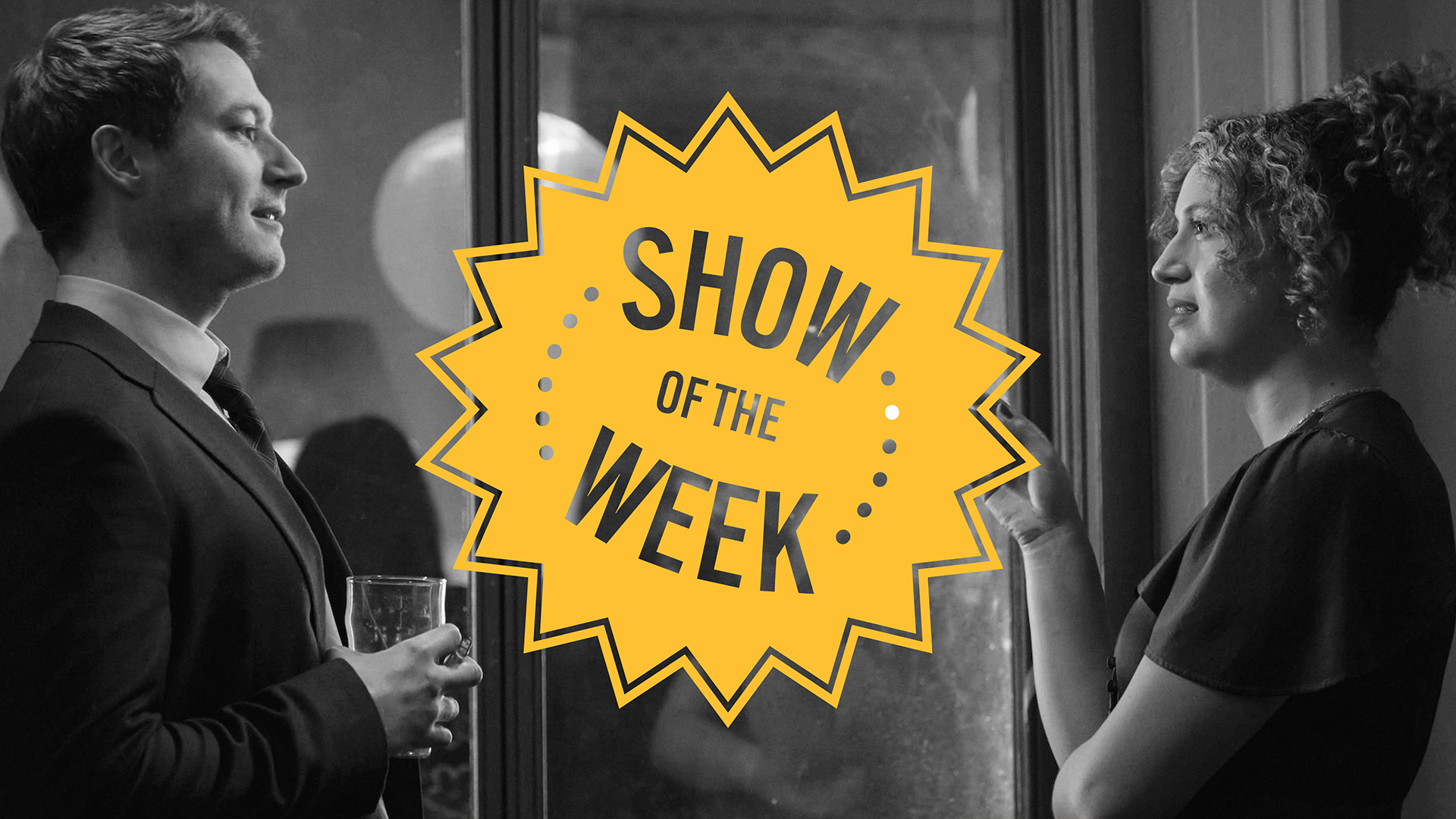
We’re all drowning in content—so it’s time to highlight the best. In her column, published every Friday, critic Clarisse Loughrey recommends a new show to watch. This week: The third season of Rose Matafeo comedy Starstruck.
Series by series, episode by episode, Starstruck has demolished the idea of a screen-perfect romance. Our awkward, ordinary, beautiful heroine Jessie (Rose Matafeo) collided with actual movie star Tom (Nikesh Patel) and threw away all her plans in order to take a chance on love. She stayed in London when she should have moved back home to New Zealand.
When the dismal reality of managing a functional relationship set in—the one that extends beyond first kisses into romantic rivals, Friday night plans, and avoiding miscommunication—she made it work. Jessie and Tom ended series two drenched, Pride and Prejudice-style, and making out in the middle of a pond. Pure love doesn’t exist and, as Starstruck seemed to say, that’s OK. The work we put in makes it all the more precious.
But Matafeo clearly isn’t satisfied with simply knocking idols off their pedestals. She’d rather grab a baseball bat and turn the whole place into dust. What if the ideal, the love of all loves, isn’t actually the one you’re meant to spend your life with? What if the very idea of “a chance at love” is noxious in itself, since it implies those chances might one day run dry? Instead of six more episodes of Jessie and Tom working on their relationship, series three of Starstruck sprints through its entire span in a couple of minutes: the missed phone calls, the arguments, the moment when she jokes, “Remind me never to have kids!”, and his face drops like he’s just been shot in the belly.
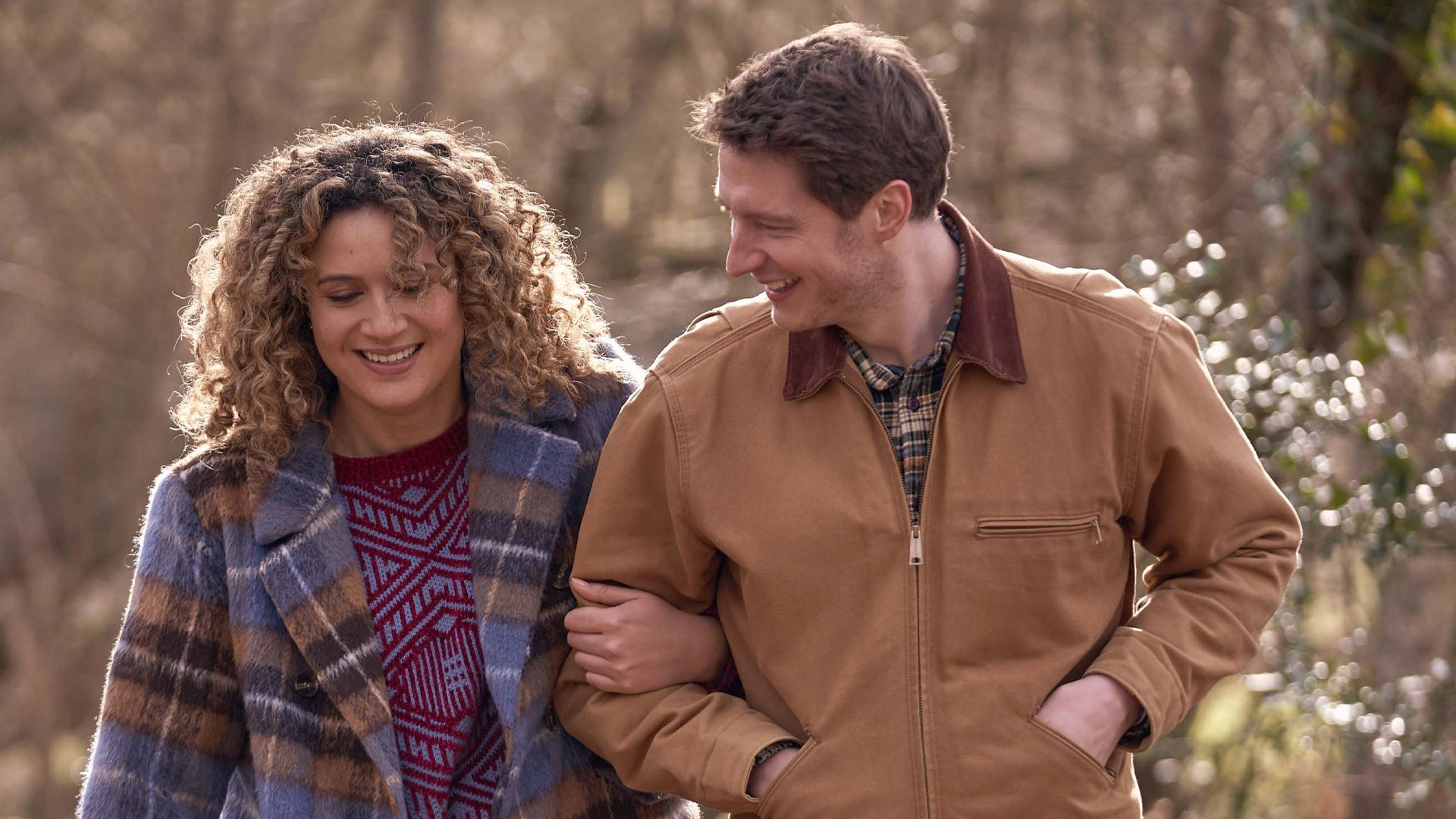
The real series takes place two years after the breakup, when the pair finally cross paths at the wedding of Jessie’s best friend Kate to the jittery, but sweet Ian (Emma Sidi and Al Roberts, also real-life partners). Starstruck gently chastises any viewers who immediately root for their reunion—why, after all, is that always our first impulse? Is it so hard to accept that exes tend to have good reasons to stay exes? Tom is already in a healthy relationship with Clem (Constance Labbé), a fellow actor better suited to his lifestyle and—refreshingly, for a romcom—isn’t a vapid monster. And Jessie has her own romantic prospect on the horizon, Liam (Lorne MacFadyen), if she can manage not to hit the self-destruct button for once in her life.
There have been few shows of late that are this reassuring about very bleak feelings. I’m yet to conduct any kind of scientific study on the matter, but it seems the usual millennial angst has grown a new row of teeth since the pandemic began. Everyone’s been fed cataclysmic messages about the future; everyone’s exhausted; everyone can feel themselves teetering on the edge of a precipice.
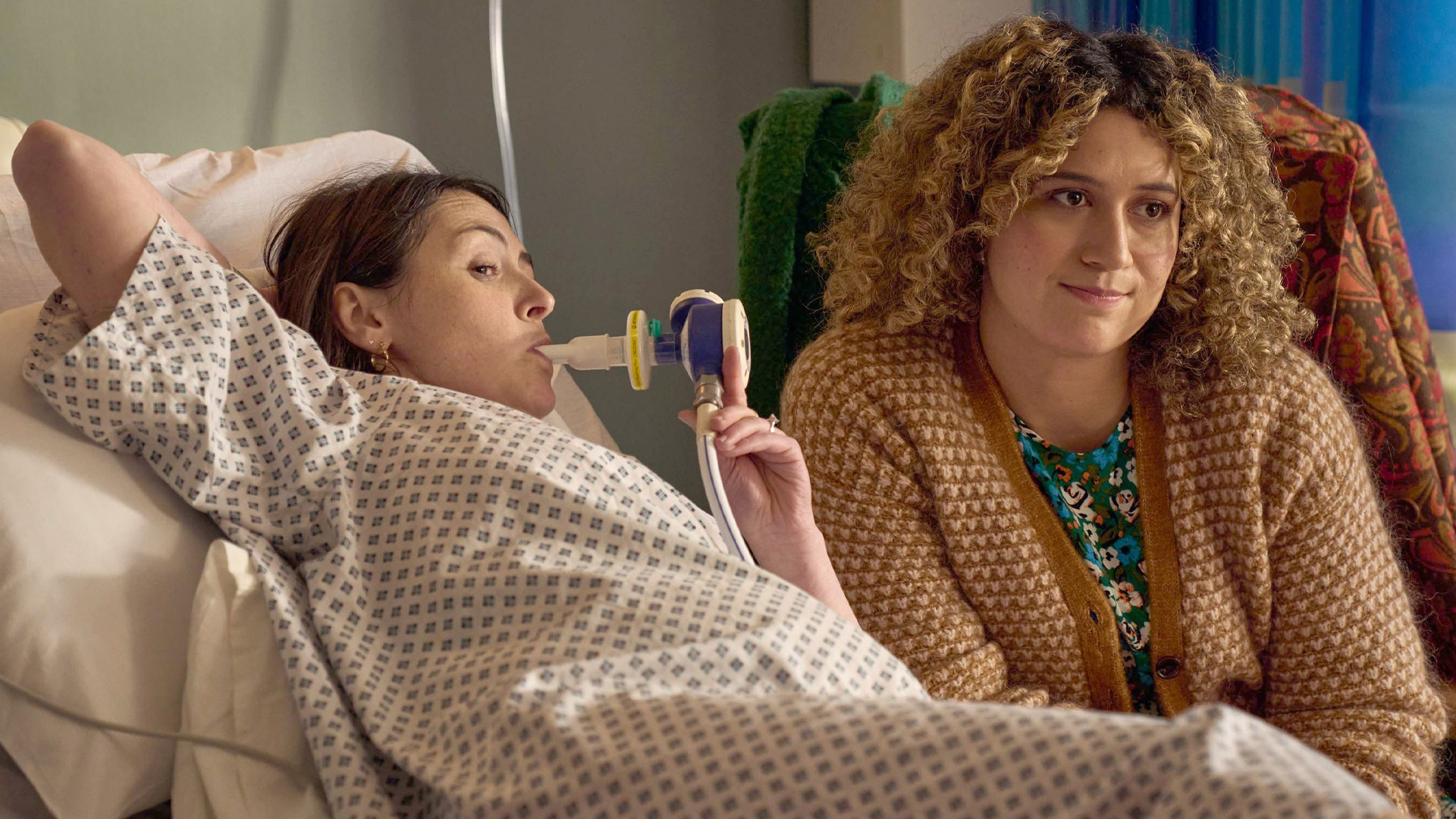
Jessie is surrounded by friends who are married or are about to get married, who have kids or are about to have kids. And there she is, hovering somewhere in the middle. She can feel her friendship with Kate starting to slip away, increasingly aware that they’re living their lives at different speeds. In series three, the question of “will they, won’t they” between Jessie and Tom is less about their destiny as soulmates, and more about the pressure to crawl back to whatever was good, however briefly, in a moment of personal crisis.
Amongst the mundane, but still-sharp observations that litter Matafeo, Alice Snedden and Nic Sampson’s scripts—the decision to furtively decline magic mushrooms in fear of embarrassing yourself in front of your crush, or the way a bad game of Werewolf always brings a group’s buried tensions to the surface—is a real sense of ordinary chaos. It’s all scary and far too much to handle and yet, somehow, life continues on.
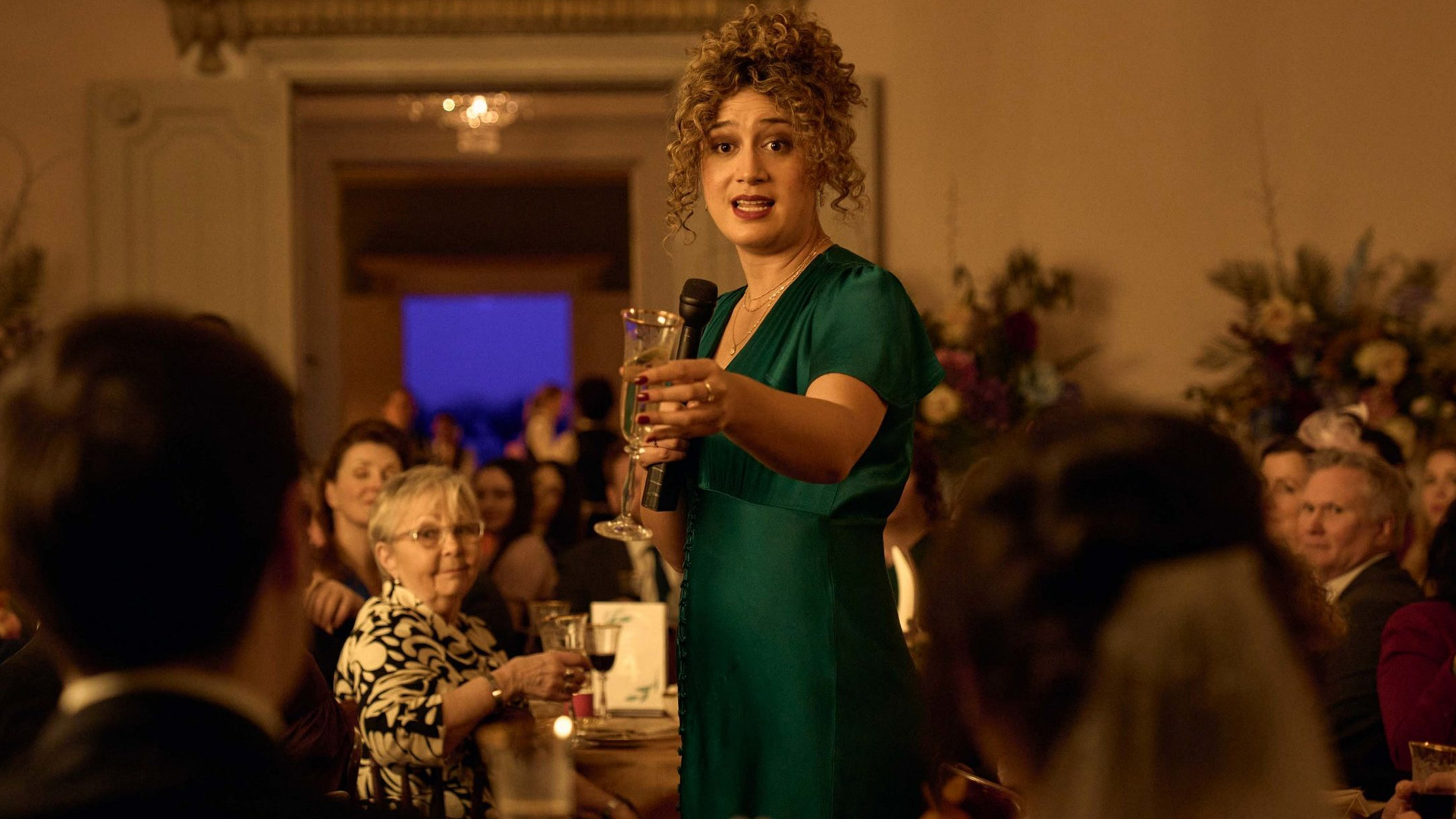
Starstruck takes the “messy woman” comedy (wonderful on its own, but hardly in short supply), and allows it to blossom into something even more universal: the “messy everybody” comedy. Not a single character here really has it figured out, and there’s something heartbreaking when even Ian, the show’s goofiest presence and a living monument to cringe, collapses into tears at the idea of becoming a dad and confesses: “I’m gonna mess this up so bad”.
The series’s funniest, and most searing, scene belongs to family friend Amelia (Snedden). After Jessie delivers a lengthy monologue about her insecurities, the kind that usually forms the emotional centrepiece of a millennial comedy, Amelia retorts: “You’ve got to get a grip and stop being a little b****. I’m sorry but your life’s actually not that bad. It’s going OK. You’ve got a house, a job. You look fine, no one’s going to stare. You’re not even that bad of a person. Just appreciate what you have while you have it.” It’s harsh, sure, but it’s also the tough love I think many people need right now. The world is too much of a mess to go looking for perfection.









